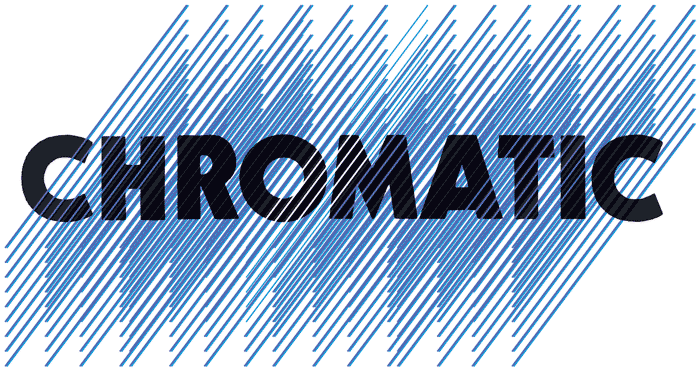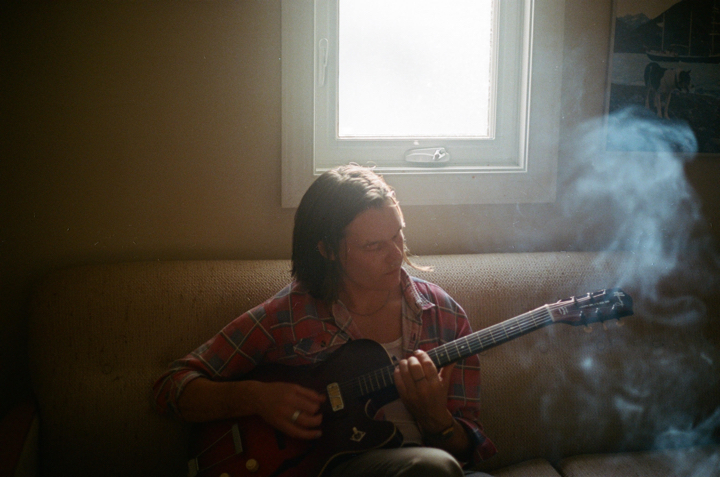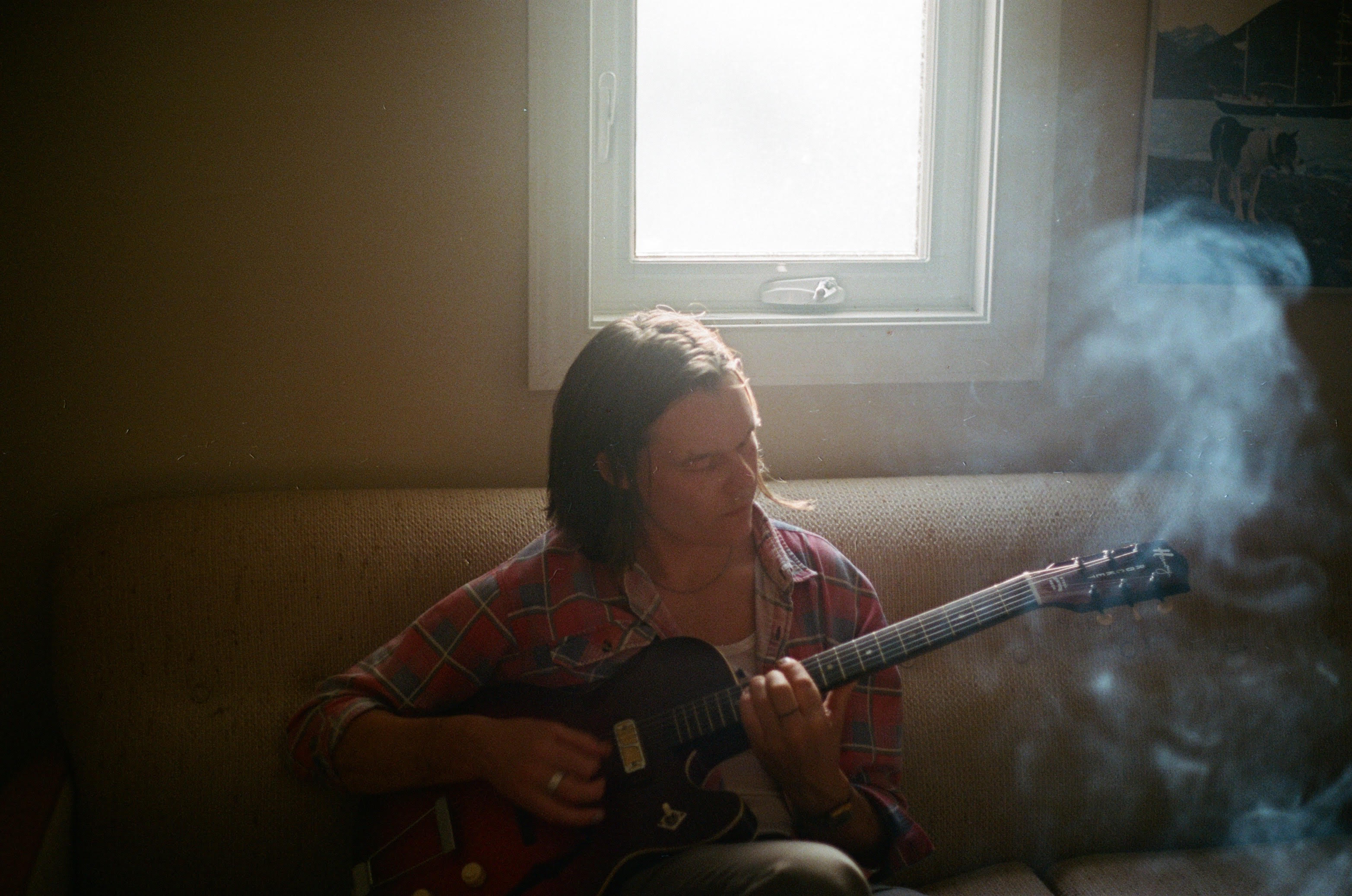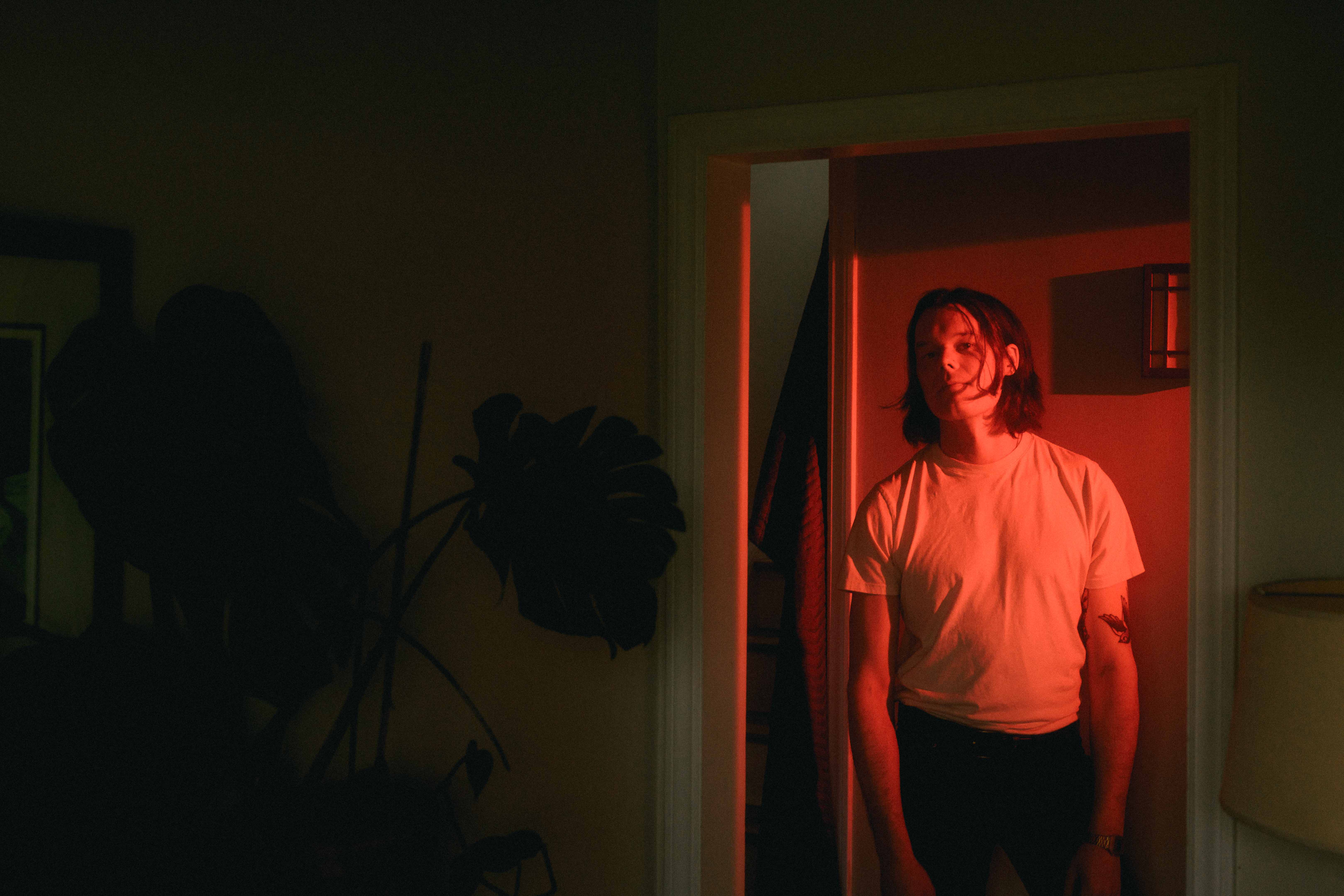Kris Ulrich
Big in the USA out 3/31/23 (Birthday Cake Records)
It’s a new era for Kris Ulrich. A Daniel Lanois-esque man of many talents, he’s a producer, musician, co-writer, and road warrior whose sonic fingerprint can be heard throughout a powerful musical movement happening in the middle of Canada and beyond. He’s acted as a connective tissue in his community, with his hand in projects by Dweller (a project with Georgia Harmer, Field Guide, Julian Psihogios), Boy Golden, Field Guide, Cassidy Mann, Roman Clarke, Fontine, and more. For years, he cut his chops primarily as a hard-touring sideman for artists like Dallas Smith and Jess Moskaluke – further building a reputation as a guitar-wielding wunderkind serving other people’s sounds and songs. But when the world came to a standstill in 2020, the forced stop and time off the road sparked a lot of introspection. “I found myself on stage wanting to be part of the whole creative process, rather than just the performance,” Ulrich explains. “So I leaned into exploring the musical feelings I had when I first started loving songwriting.”
While risky to let go of these gigs that often came with tour buses, arena shows, hotel rooms, and job security, the Winnipeg, Canada-based artist’s newfound clarity led him to rediscover what making music and writing songs meant to him. Ulrich’s sophomore album, Big in the USA, is his return to this musical truth, to the spirit of sonic exploration and experimentation he felt when he first started playing and writing songs as a kid. “These songs were born from a feeling that I wouldn’t ever make anything again. But they ended up leaving me with the clearest vision I’ve ever had for my music. It represents a shift in my relationship to production, guitar, and songwriting,” he says.
The roots of Big in the USA began in Toronto, where Ulrich had relocated to for a time to pursue his own music (he released an Americana-leaning, 7-song debut, Pacific Central, in 2021). “I went through a bit of a phase where I felt I had to stay in my lane process and production wise: writing the songs on acoustic guitar, recording the beds live, minimal instrumentation and big, beautiful tones,” he explains. Left without touring and feeling a bit at sea in regard to where he was career-wise, he laser-focused on his songwriting. Ulrich, galvanized for a radical change, was moved to revisit musical pathways that he’d set aside – like a love for more electronic sounds. Once back in Winnipeg, his rekindled inclination toward synths and drum machines grew and also afforded him an ease to record on his own. “I used to make weird little songs as a kid with my Casio keyboard run through guitar pedals. I wanted to get back there, so I bought a drum machine, synth and four-track recorder in a pretty close window to each other, and it blew open the doors on how I write songs,” he says. “Suddenly I was looping chord progressions on a synth with a drumbeat going while playing a bassline over top and humming a melody. I felt really free when I allowed myself to make music in a new way and allowed myself to get more experimental. It just kind of hit me that I was having fun again.” He shared some early demos with his friend Dylan McDonald (Field Guide), who encouraged Ulrich’s newfound path.
Built on these driving drum machines and woozy synth layers, Big in the USA is bolstered by dogged hooks and a clear lyrical voice. The album is both hopeful and melancholic, simultaneously holding reflections of a dusty past played on old tape machines alongside the surging brightness of future possibility. It’s all sewn together with Ulrich’s tongue-in-cheek self-awareness, a playful blend of self-serious and lighthearted – and a general consciousness of both sides. The songs are seasoned, effortlessly catchy, and rich first-person narratives that offer a full snapshot of his life to date: stories about playing the long game for a music career while accepting the limitations it can offer; small towns that you can love while also wanting to leave; new love; and nostalgic memories. And when Ulrich does lean back into his pro-guitar playing self, he accesses something deep and expressive, the instrument acting in honest conversation with his voice and lyrics.
The title track serves as a summation of Big in the USA: the song looks backwards, forwards, and at the present as he relays a winking, yet knowing realization that he’s right where he belongs. “I wrote this song as a way to talk openly with myself about my insecurities surrounding an artist career,” Ulrich says. “It can be so easy to lose the meaning of why you make art amidst all the noise, both internal and external, that comes when you commodify it. The last verse is a reminder to myself about why I started making music in the first place.” The subdued, rhythmic warmth of “1994,” meanwhile, reflects back on how things felt in his childhood, examining that universal transitional feeling of going from seeing parents as monolithic figures to simply people. “I wrote this song after watching old video tapes of my siblings and I as kids. Watching these videos with my parents, at about the same age they were in the videos, really made me think about how they were feeling at that time in their lives. What did they feel like watching it now?” Ulrich recalls. “Lucky,” meanwhile, recounts feelings of new love that land like lightning bolts when you least expect it.
Recorded at home, Big in the USA also sees Ulrich leaning into a DIY approach and taking charge of the songs’ engineering and production – a process he learned on the fly with his friend Liam Duncan (aka Boy Golden). He performs most everything on the album alongside an enlisted cast of friends from his community, including: MacDonald, Flavio Cirillo, and Roman Clarke contributing drums; Keiran Placatka (keys on “Friends on the Internet,” “Big in the USA,” “Don’t Think About It,” and “Here in My Mind”); John Baron (bass on “Lucky”); Cody Iwasiuk (percussion on “Friends on the Internet,” “Never Too Late,” “Big in the USA,” “Lucky,” “Don’t Think About It,” and “You’ve Got to Be Patient”); and Duncan (baritone guitar on “Never Too Late” and piano on “It’s Okay”).
“This record makes me feel certain that I am in the right place, ready to lean into the long game,” says Ulrich. “This album feels like a return to my purest musical self, but also a new path forged that I can’t wait to travel.”




